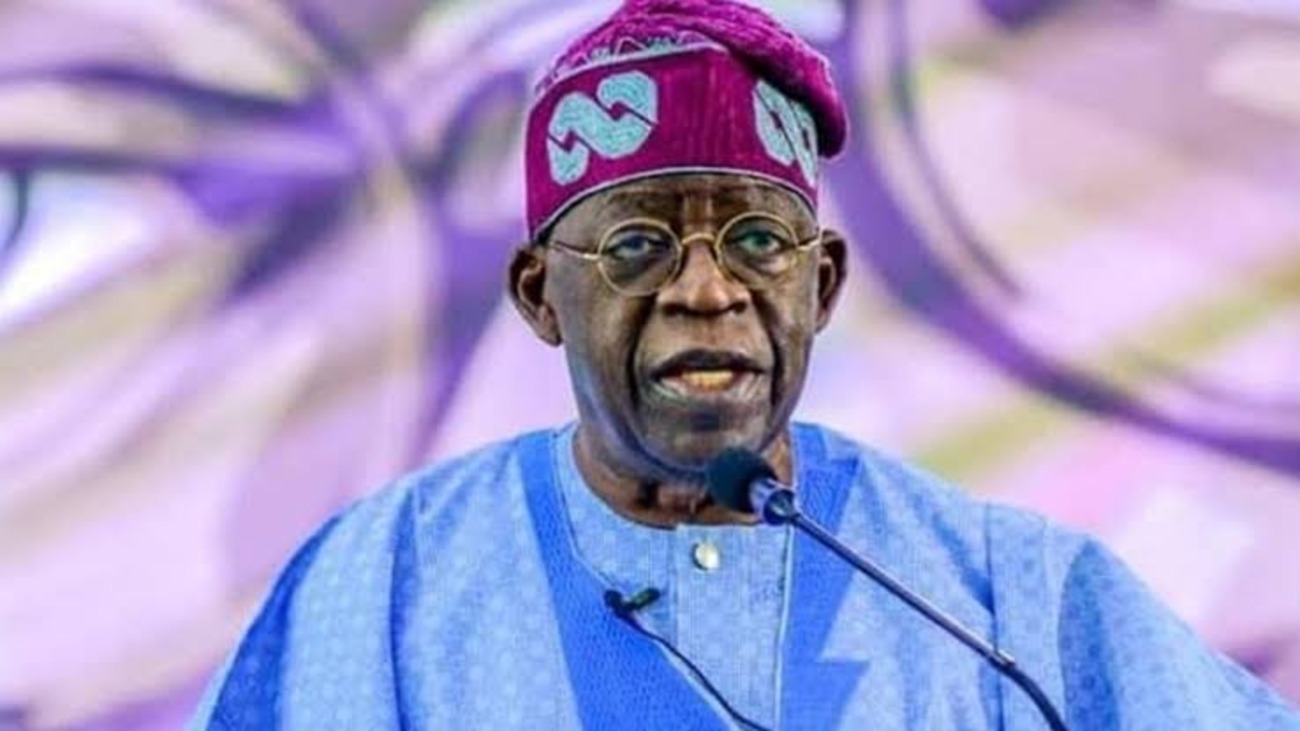Oil marketers have called on President Bola Tinubu to scrutinize the activities of the Nigerian National Petroleum Company (NNPC) Limited, the Depots and Petroleum Products Marketers Association (DAPPMA), and the Nigerian Midstream and Downstream Petroleum Regulatory Authority (NMDPRA).
In a statement released on Monday, the marketers—who requested to remain anonymous—accused NNPC, DAPPMA, and NMDPRA of engaging in questionable practices.
They are also pushing for a reduction in the ex-depot price of petrol, arguing that the NNPC’s position as the sole importer of petrol has left them vulnerable to unfair pricing by DAPPMA’s tank farm owners.
Currently, NNPC sells petrol to private depot owners at an ex-depot price of N556.5 per litre.
However, these depot owners are reportedly charging oil marketers between N700 and N740 per litre, squeezing their margins and impacting retail prices.
READ ALSO: Group urges Dangote to respect NNPCL, other regulatory bodies
The marketers claim that this situation forces them to sell at higher prices, fueling accusations of price gouging and hoarding.
The oil marketers have urged the federal government to reform the distribution chain by enforcing an ex-depot price for tank farm owners.
They highlighted past practices where NNPC allocations included price benchmarks for private depot owners, which helped regulate pricing for marketers.
The current lack of such benchmarks has led to exorbitant prices from private depot owners, with some reportedly charging up to N800 per litre.
This situation, according to the marketers, not only harms their profitability but also places them in a difficult position with the public, who blame them for high prices.
The marketers also criticized the NMDPRA for not adequately addressing these issues and for instead targeting oil marketers as scapegoats.
They suggested that President Tinubu must take decisive action to dismantle what they describe as a sector cabal that undermines his administration’s efforts.
To alleviate the product shortage, the marketers recommended providing incentives to the Dangote refinery and ensuring that the country’s four refineries operate effectively to reduce dependence on imports.

 Entertainment1 week ago
Entertainment1 week ago
 Health1 week ago
Health1 week ago
 Business7 days ago
Business7 days ago
 Business1 week ago
Business1 week ago
 Latest1 week ago
Latest1 week ago
 Entertainment1 week ago
Entertainment1 week ago
 Football1 week ago
Football1 week ago
 Education1 week ago
Education1 week ago

